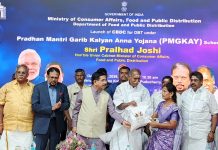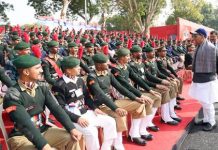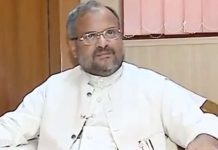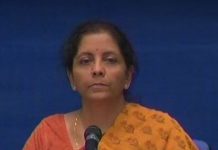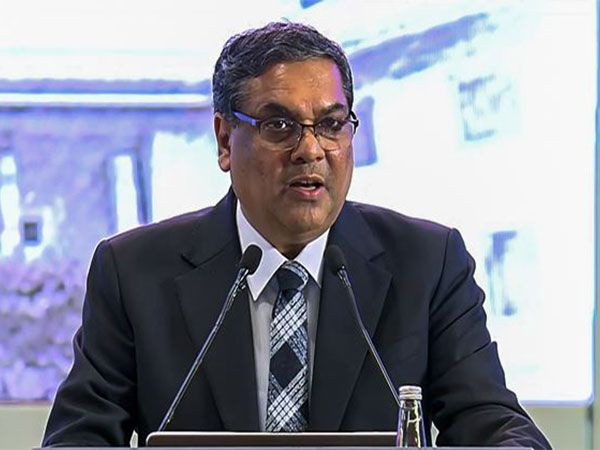
New Delhi : Justice Sanjiv Khanna was on Monday sworn in as Chief Justice of India. President Droupadi Murmu administered the oath of office to Justice Khanna at a brief swearing-in ceremony held at the Rashtrapati Bhavan at 10.30 AM. Justice Khanna succeeds Justice D Y Chandrachud, who demitted office on Sunday on attaining the age of 65 years.
Vice-President Jagdeep Dhankhar, Prime Minister Narendra Modi, Defence Minister Rajnath Singh, Law Minister Arjun Ram Meghwal ,outgoing CJI DY Chandrachud, ministers, sitting and former judges attended the five-minute ceremony.
Appointed as a Judge of the Supreme Court of India on January 18, 2019, Justice Khanna will have a six-month tenure as the CJI. He will retire on May 13, 2025. The Centre had notified his appointment as the next CJI on October 24, following Chief Justice Chandrachud’s recommendation on October 16.
Reducing pendency of cases and speeding up justice delivery are said to be his priorities. There has been a convention of the CJI recommending the senior-most judge of the Supreme Court as his successor. Only twice, it has not been followed — Justice AN Ray was appointed the 14th CJI on April 25, 1973, superseding three senior-most judges, and Justice MH Beg was appointed the 15th CJI on January 29, 1977, superseding Justice HR Khanna.
Justice HR Khanna–his uncle–was denied the appointment as CJI by the Indira Gandhi-led government for his sole dissenting opinion in ADM Jabalpur versus Shivkant Shukla (1976) on the suspension of fundamental rights during Emergency.
The majority had declared that the government could suspend fundamental rights and detain citizens without following due process during Emergency. Justice HR Khanna had resigned after the government notified the appointment of Justice HM Beg — a junior judge — as the CJI.
Son of Justice DR Khanna, a former Delhi High Court judge, Justice Sanjiv Khanna has been a part of many Constitution Bench verdicts, including the ones upholding the abrogation of Article 370 and the scrapping of electoral bonds scheme.
He headed the Bench which upheld the use of electronic voting machines (EVMs) in elections amid the 2019 Lok Sabha poll. A Bench led by him had granted an interim bail to former Delhi CM Arvind Kejriwal to enable him campaign in the 2024 Lok Sabha poll.
Born on 14th May, 1960, Justice Khanna got enrolled as an advocate with the Bar Council of Delhi in 1983 and initially practised in the District Courts at the Tis Hazari complex, Delhi, and later in the High Court of Delhi and tribunals in fields as diverse as constitutional law, direct taxation, arbitration, commercial law, company law, land law, environmental law and medical negligence.
He was appointed as an additional judge of the Delhi High Court in 2005 and was made a permanent judge in 2006. As a judge of the Delhi High Court, he held the position of Chairman/Judge-in-charge, Delhi Judicial Academy, Delhi International Arbitration Centre and the District Court Mediation Centres. He was elevated as a Judge of the Supreme Court on January 18, 2019. He is known to be an expert in taxation matters.

